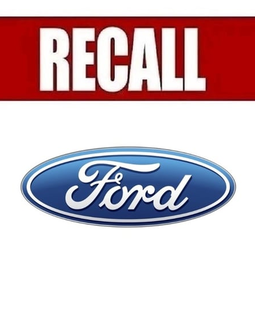Government Faces Backlash Over Vehicle Selection
In January 2025, the Eswatini government encountered criticism after acquiring Toyota Prado 3.0D VX vehicles for Cabinet ministers. The procurement, amounting to approximately E40 million, has ignited debates about government spending and policy adherence.
Each vehicle was reportedly purchased at around E1.5 million, leading to dissatisfaction among some ministers. They argued that the selected Toyota Prado 2.8L XL model did not comply with Finance Circular No. 2 of 2023, which explicitly recommends the Toyota Prado 3.0D VX. The Ministry of Public Works defended the decision, citing supply limitations as the reason for opting for the 2.8L version instead.
Public and Stakeholder Reactions
The controversy has drawn attention from key stakeholders across different sectors. Business Eswatini CEO Nathi Dlamini questioned the necessity and timing of the ministers' complaints, highlighting the broader economic implications. Meanwhile, TUCOSWA Secretary General Mduduzi Gina also expressed concerns, emphasizing the need for transparency in government procurement processes.
Citizens and policy analysts have also voiced opinions on the matter, questioning whether the procurement aligns with national priorities, given existing economic constraints. The debate underscores broader concerns regarding accountability and decision-making in Eswatini’s public sector.
Policy and Automotive Industry Implications
The selection of the Toyota Prado 3.0D VX as the preferred government vehicle reflects a pattern seen in many African nations where luxury SUVs dominate official fleets. While these vehicles offer durability and performance suited for the region’s terrain, their cost raises concerns about efficient public spending.
Additionally, this debate opens discussions on Eswatini’s broader automotive procurement policies. Should the government reconsider its vehicle selection criteria to prioritize cost-effectiveness while maintaining functionality? Furthermore, with global trends shifting towards electric and hybrid vehicles, Eswatini might explore alternative, more sustainable fleet options.
The Road Ahead for Government Procurement
To address these concerns, policymakers in Eswatini may need to revise procurement policies to ensure better alignment with financial constraints and public expectations. Implementing clearer guidelines on vehicle selection, supplier diversification, and price justification could enhance transparency and public trust.
For consumers looking for high-quality vehicles in Eswatini and beyond, platforms like Auto24 Africa offer a wide range of options. Whether seeking government-standard SUVs or cost-effective personal vehicles, such platforms provide competitive choices.
Conclusion
The debate surrounding the government’s Toyota Prado 3.0D VX procurement highlights the importance of transparency and fiscal responsibility in public spending. As Eswatini navigates these discussions, ensuring policies align with national economic priorities remains crucial.
What are your thoughts on the government's vehicle procurement decisions? Share your opinions in the comments below!





